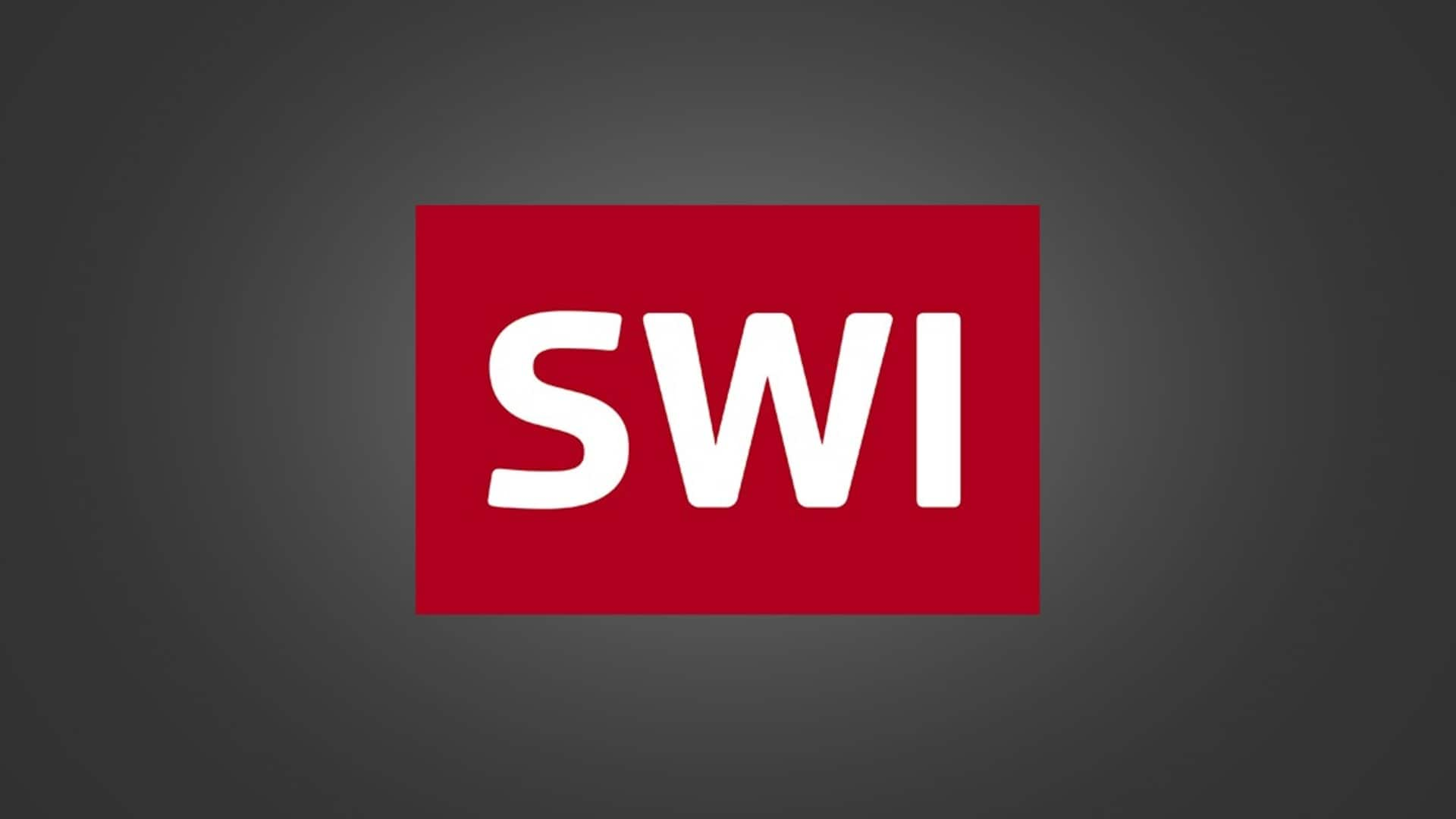UNESCO establishes the first international framework on open science

Paris, November 26 (EFE). – This Friday, UNESCO adopted the first international framework on open science, adopted by the 193 countries present at the Organization’s General Conference, which seeks to make scientific results more transparent and accessible.
The Director-General of UNESCO emphasized that “the COVID-19 pandemic has revealed how open scientific practices, such as access to scientific publications, data exchange, and collaboration outside the scientific community, can accelerate research and strengthen the links between science policy and society,” Audrey Azoulay said.
Azoulay argued that this recommendation would allow for the promotion of greater adoption of open practices, foster greater support for open science and ensure that research results are “beneficial for all”.
According to UNESCO, 70% of scientific publications are currently paid for, but in the past two years the percentage has decreased to 30% in the case of publications on the coronavirus, which shows for the United Nations that science can be open.
The adoption of the text also made it possible to provide a global definition of open science, through which scientists and engineers will be able to use “open licenses to share their publications, data, computer software, and even hardware” on a large scale, as well as to promote international scientific cooperation.
All 193 countries agreed to abide by common standards around a set of values enshrined in the Road Map.
It calls on member states to establish regional and international funding mechanisms to ensure that all publicly funded research respects the principles and values of open science, which is seen as a tool to reduce inequality between nations and the right to benefit from it. Scientific progress.
Among the recommendations, promoting a common understanding of open science and its associated benefits and challenges stands out; developing a favorable political environment; investing in the infrastructure to which you contribute, as well as in training, education and digital literacy; and strengthening international cooperation among stakeholders to bridge the gaps. EFE
mdv / lmpg / general
© EFE 2021. Redistribution and redistribution of all or part of the contents of the Efe Services, without the prior and express consent of EFE SA, is expressly prohibited.




